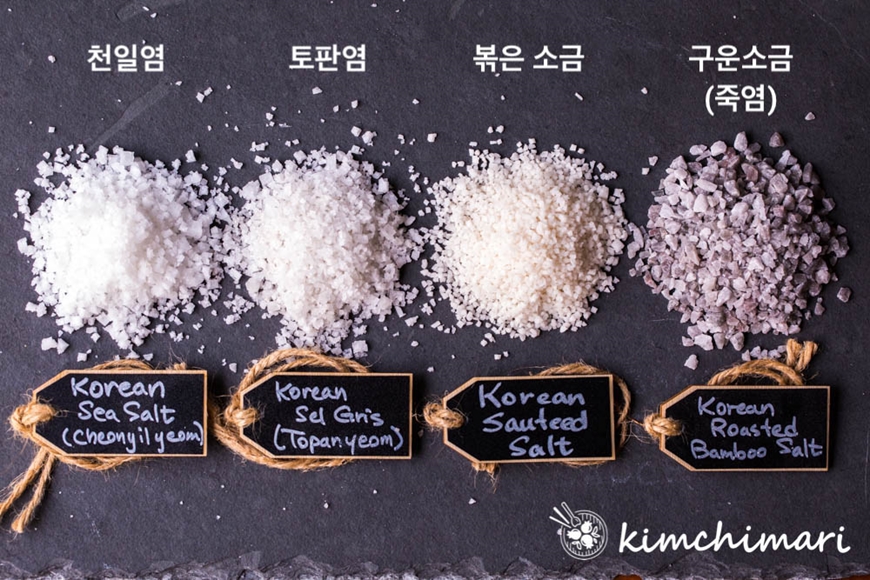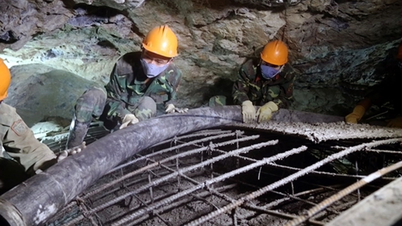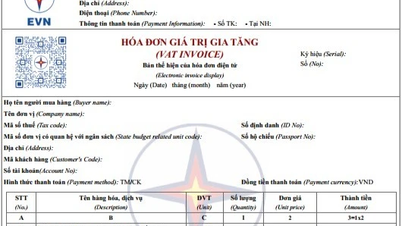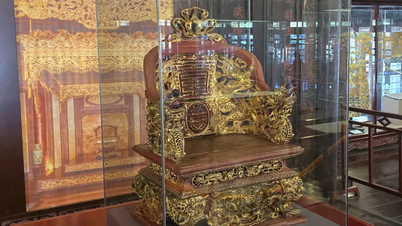Ahead of a planned release of contaminated wastewater from Japan's Fukushima nuclear power plant this summer, many South Koreans are stocking up on salt and seafood in large quantities, while retailers are increasing their stocks of the items amid concerns about supply shortages.
South Korean authorities have vowed to step up efforts to monitor salt farms for radioactive contamination and maintain a ban on fishing in waters near Fukushima. But the efforts have done little to ease consumer concerns about potential health risks. “The discharge of wastewater not only pollutes the ocean, leading to health problems, but also raises the prices of salt and seafood,” said a shopper at a traditional market in Seoul.
The Japanese government's plan to release more than one million cubic meters of contaminated water - mainly used to cool reactors at the Fukushima nuclear power plant - into the ocean is causing controversy in the neighboring country. Reuters quoted a survey by Research View that showed that more than 85% of the South Korean public opposed the plan. Seven out of 10 people said they would consume less seafood if the wastewater was released.
 |
South Koreans are racing to stock up on table salt (illustrative photo). Photo: Kimchimari |
Hyun Yong-gil, the owner of a wholesale salt store in Seoul, said sales have increased by 40 to 50 percent in recent days despite rising salt prices. According to the Ministry of Oceans and Fisheries, the price of sea salt increased by nearly 27 percent in the first week of June compared to the previous two months. However, the agency explained the price increase as bad weather in recent months has reduced salt production.
Salt is a hot topic on an online shopping site run by the National Agricultural Cooperative Federation of Korea. Social media posts about buying salt in bulk and urging others to do the same have gone viral. “We bought seaweed, anchovies, and a big jar of salt, enough to last us three years,” many people said on Twitter.
Among the radioactive substances released into the environment from the reactors at the Fukushima Nuclear Power Plant, the two most dangerous substances are Iodine-131 and Cesium-137. Many people believe that iodized salt containing potassium iodate protects the thyroid gland from the risk of exposure to radioactive iodine. However, according to experts, table salt supplemented with iodine at normal levels does not protect the body from the risk of radiation because the levels are too low compared to the necessary level. If the amount of salt is increased, it can lead to high blood pressure and even poisoning.
MAI VU
Source































































































Comment (0)